A battery management system for Li-ion batteries is a small electronic circuit board that acts as the brain of the battery pack.
Its job is to monitor and manage every aspect of the battery’s performance and safety. It ensures the battery operates within its safe limits, protecting both the battery itself and the device it powers.
Given that the lithium-ion battery market is expected to grow to over $116 billion by 2030, the technology that keeps them running efficiently is more significant than ever.
Table of Contents
- What is a BMS for a Lithium-Ion Battery?
- What Are the Core Functions of a Battery Management System?
- Why is a BMS for Lithium-Ion Batteries So Crucial for Performance and Safety?
- How Does a Quality BMS Help You Go Greener and Save Money?
- How Can You Spot a Quality Battery Management System When Buying?
- The Takeaway: Your Battery’s Unsung Hero
- FAQ
What is a BMS for a Lithium-Ion Battery?
The battery management system (BMS) is the intelligent component of a battery pack responsible for its advanced monitoring and management.
It's a built-in circuit board that controls how your battery charges and discharges, keeping an eye on factors like voltage, current, and temperature.
You can’t see it, but it’s always working to maximize the battery’s performance and lifespan.
For a deeper technical dive, you can check out how a BMS is defined here. This system is a key part of our EBL procedure for testing a lithium-ion battery to guarantee reliability.
It’s the brain, making smart decisions about power flow. And it’s the bodyguard, stepping in to prevent dangerous situations like overcharging or overheating. It keeps every individual cell balanced.
With this on the job, you can trust your battery to work safely and effectively every single time you power up your device.
What Are the Core Functions of a Battery Management System?
A BMS isn't just a single-task manager; it juggles several jobs at once. Let's look at its daily to-do list.
Its core responsibilities fall into three main categories: protection, monitoring, and optimization.
Protecting Your Battery from Harm
First and foremost, the BMS is a safety feature. It shields your battery from common dangers that can shorten its life or cause it to fail.
Preventing Over-Charging and Over-Discharging
A lithium-ion battery is like a balloon. Overfill it (overcharge), and it can pop. Let too much air out (over-discharge), and it becomes weak and damaged.
The BMS cuts off the power flow when the battery is fully charged and stops the device from draining it.
Monitoring Temperature to Avoid Overheating
Heat is the enemy of a healthy battery. If things get too hot or too cold, the BMS will shut down the battery to prevent damage.
Monitoring the Battery’s Health and Status
The BMS is also the battery’s onboard diagnostic computer, providing you and your device with vital information.
Calculating State of Charge (SoC)
Ever wonder how your phone knows it has 73% battery left? That’s the BMS calculating the State of Charge, or SoC. It’s the real-time fuel gauge for your battery.
Estimating State of Health (SoH)
The BMS also estimates the battery's overall condition, or State of Health (SoH). This gives you an idea of its remaining lifespan and how much capacity it has lost over time.
Optimizing Performance with Cell Balancing
Most battery packs are made of multiple individual cells working together. Sometimes, one cell might charge or discharge faster than the others, creating an imbalance.
A BMS with cell balancing ensures every cell works in harmony. This process ensures you get the maximum energy and life out of the entire pack.
So, the BMS handles a lot of complex tasks. But why does all this technical work matter for you?
Why is a BMS for Lithium-Ion Batteries So Crucial for Performance and Safety?
A sophisticated BMS is the difference between a battery pack that just works and one that works reliably and safely for years.
When you have a high-quality battery management system with Li-ion technology at the core of your power source, the benefits are tangible.
It Extends Your Battery's Lifespan Significantly
By preventing the two biggest battery killers, which are overcharging and over-discharging, the BMS ensures your battery isn't pushed past its limits.
Cell balancing also plays a huge part, making sure the entire pack ages evenly. This careful management can dramatically increase the number of charge cycles a battery can handle.
A partial discharge managed by a BMS can prolong battery life by a factor of three or more compared to a full discharge.
It Ensures Reliable, Consistent Power for Your Devices
A device suddenly dies, even when you thought it had plenty of power is often a sign of a poor or non-existent battery management system.
A good BMS provides accurate State of Charge (SoC) information, so you can trust the battery meter on your device.
It also guarantees a stable power output, which is vital for sensitive electronics like cameras and medical devices that demand consistent performance.
It Acts as the First Line of Defense for Your Safety
Let's be direct: lithium-ion batteries pack a lot of power. If mishandled, they can be dangerous.
The BMS is the most critical safety feature, constantly monitoring for signs of trouble like short circuits or high temperatures. If it detects a potential hazard, it will immediately cut the power to prevent a dangerous event.
This protective function is non-negotiable for any quality battery pack.
This focus on longevity and safety doesn't just protect your devices—it also protects your wallet and the planet.
How Can You Spot a Quality Battery Management System When Buying?
Here's the catch: it's an internal component. You can't exactly see it. So how do you shop smart?
There are clear indicators of the quality you're buying. When you're looking for a new battery, you're not just buying cells; you're buying the entire system, and that includes the all-important battery management system for lithium-ion batteries.
Here are a few things we recommend looking for.
Trust in Brands with a Proven Track Record
This might be the most straightforward advice. A company with decades of experience in battery technology is going to have a deep understanding of how to build a reliable BMS.
They’ve seen the technology evolve and have refined their systems over years of research and development. A long history often means a commitment to quality and customer safety.
When it comes to something as critical as a BMS for lithium-ion battery packs, brand reputation matters.
Look for Key Safety Certifications
Reputable battery manufacturers submit their products to rigorous third-party testing to ensure they meet safety standards.
Look for certifications like UL (Underwriters Laboratories), CE (Conformité Européenne), or RoHS (Restriction of Hazardous Substances) on the packaging or product itself.
These marks indicate that the battery, including its management system, has been tested for safety and reliability. They are a seal of approval you can trust.
Understand What the Specs on the Label Mean
The label on a battery can tell you a lot.
Look for specifications that mention "over-charge protection," "over-discharge protection," "short-circuit protection," or "thermal protection."
These are all functions directly controlled by the BMS. A manufacturer that lists these features is confident in the quality of its internal management system.
Choosing a battery from a brand that is transparent about its technology and safety features is always the right call.
Final Thoughts
The battery management system li-ion technology isn't just a technical add-on; it’s the heart of a modern, reliable, and safe battery. It’s the silent guardian that protects your devices, the smart manager that extends your battery’s life, and the eco-conscious component that helps reduce waste.
From preventing dangerous overheating to ensuring you get every last drop of power, the BMS does it all. It’s the reason you can trust your batteries to perform day in and day out. It makes the difference between a cheap power source and a long-term, valuable investment.
FAQ
How do you reset the BMS on a Li ion battery?
Most consumer Li-ion batteries with an integrated battery management system do not require a manual reset. If you experience issues, the standard procedure is often to fully discharge and recharge the battery pack to recalibrate the system.
Can you run a lithium battery without a BMS?
Technically, it's possible, but it is extremely dangerous and highly discouraged. Running a Li-ion battery without a BMS removes all safety protections, risking cell damage, fire, and shortening the battery’s lifespan dramatically.
Is a battery management system necessary?
Yes, a battery management system is absolutely necessary for any multi-cell lithium-ion battery pack. It is the core safety and performance component that ensures the battery operates within its safe limits.
What happens if you don't reset the BMS?
If a BMS enters a fault mode, failing to reset it can lead to inaccurate State of Charge readings, or the system may prevent the battery from charging or discharging. This is a built-in safety feature to prevent potential damage.
How to activate the BMS battery?
Often, a new battery's BMS is in a sleep mode for shipping; you can typically activate it simply by connecting it to the correct charger. This initial charge "wakes up" the BMS and makes the battery ready for use.
What maintenance is required for lithium-ion batteries?
Thanks to the integrated BMS, lithium-ion batteries are virtually maintenance-free. Simply avoid storing them in extreme temperatures and use the manufacturer-recommended charger for the best performance and longevity.
What happens when a BMS fails?
A BMS failure can cause the battery to become unusable, as it may no longer accept a charge or provide power. In a well-designed system, the BMS will fail safely by shutting the battery down to prevent any safety risks.
How to connect BMS to li ion battery?
Connecting a BMS to a Li-ion battery is a complex process involving wiring it to each individual cell and should only be performed by qualified technicians. Incorrect wiring is hazardous and can cause short circuits or permanent damage.


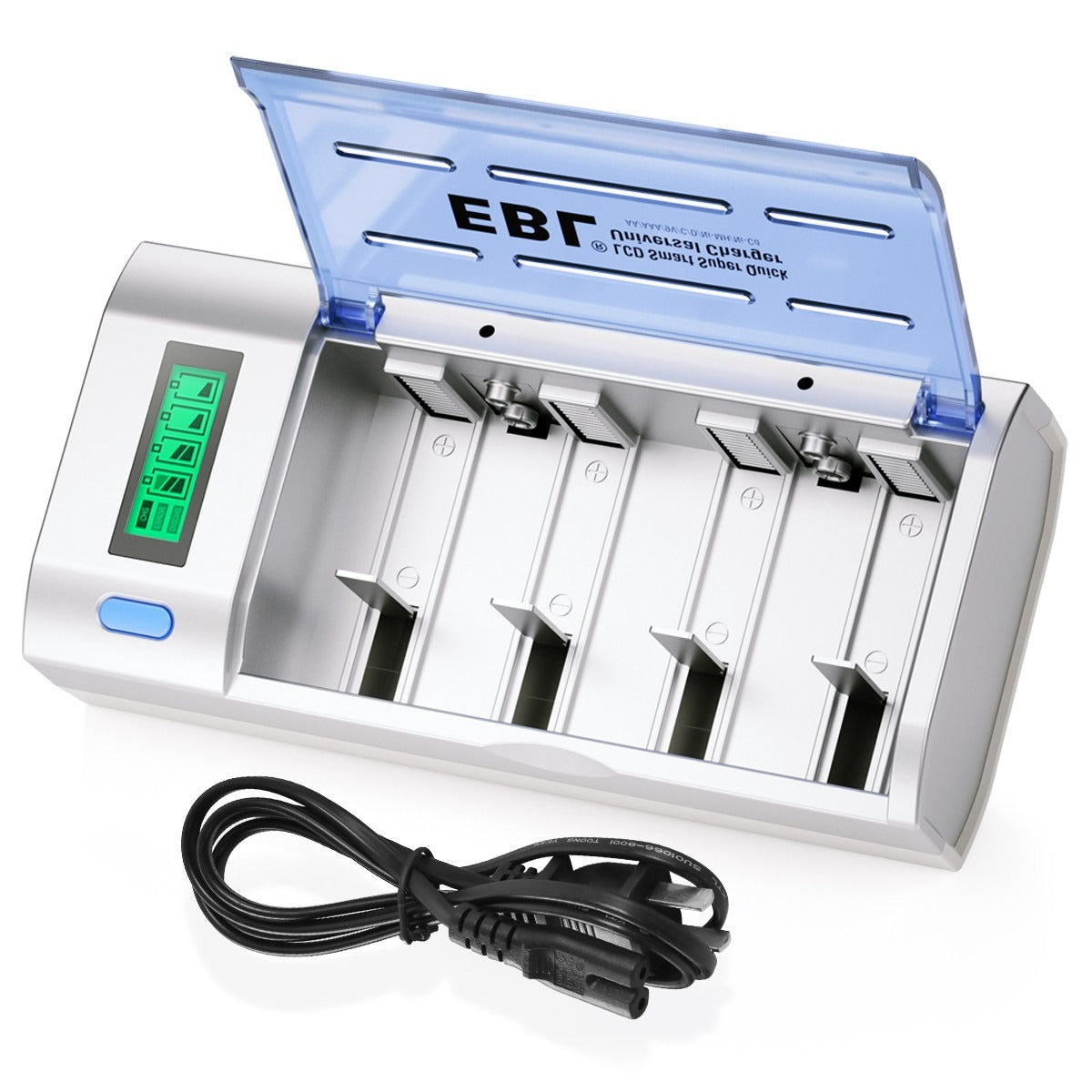
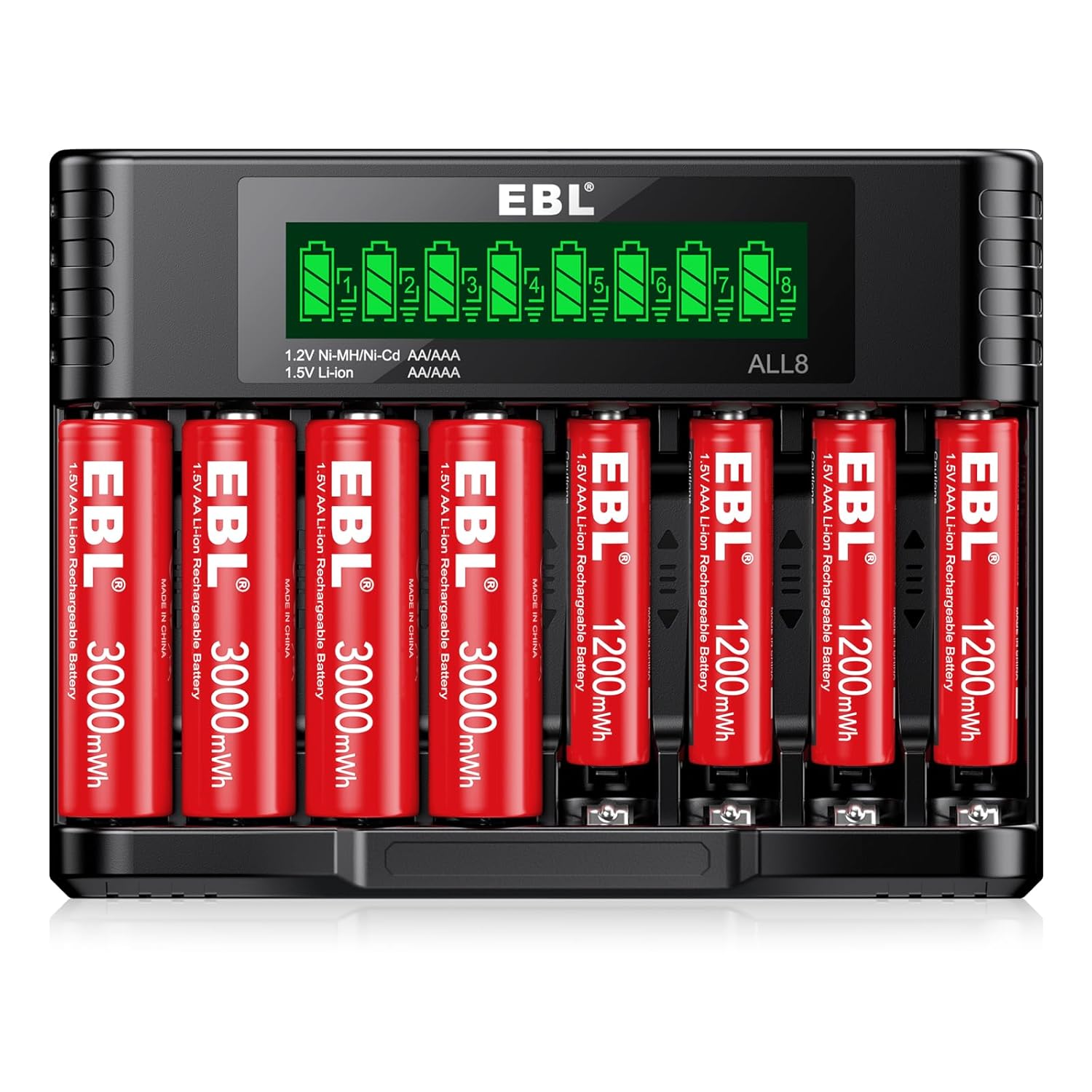


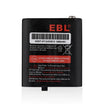


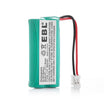
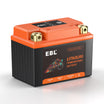


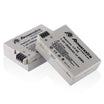
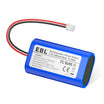




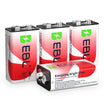







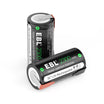


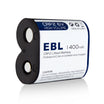
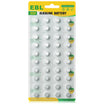

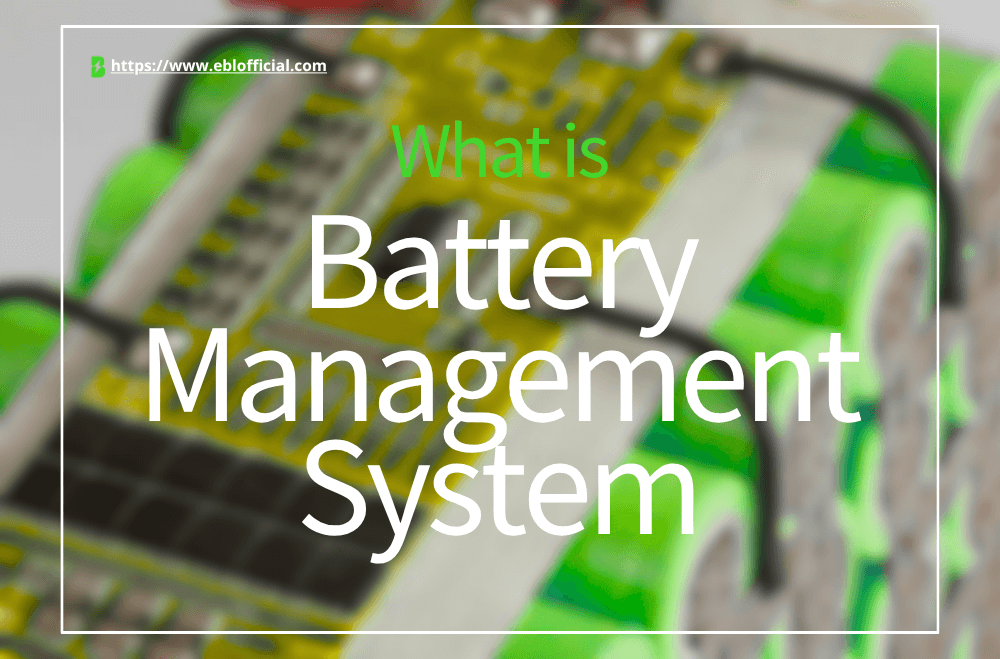




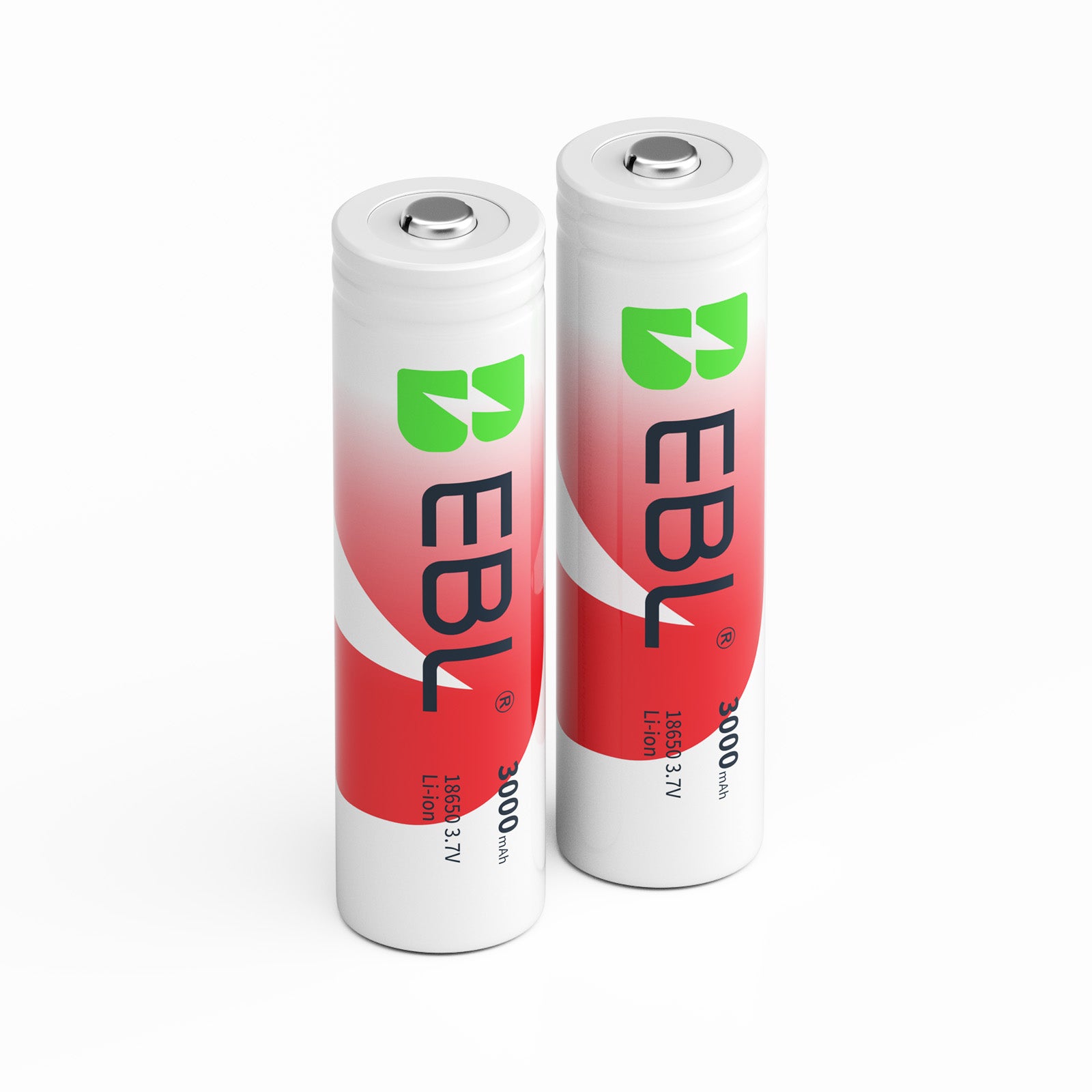
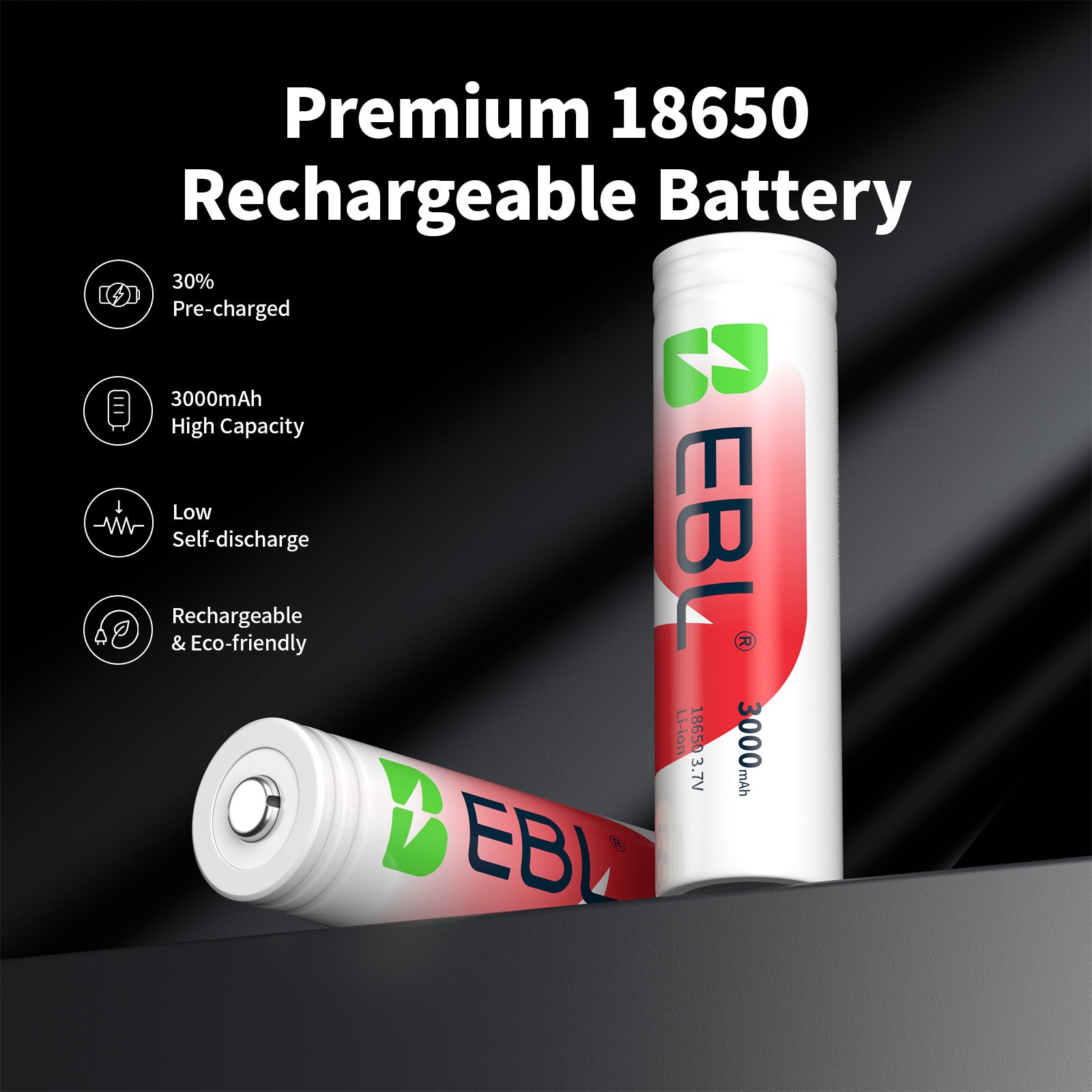
Leave a comment
All comments are moderated before being published.
This site is protected by hCaptcha and the hCaptcha Privacy Policy and Terms of Service apply.